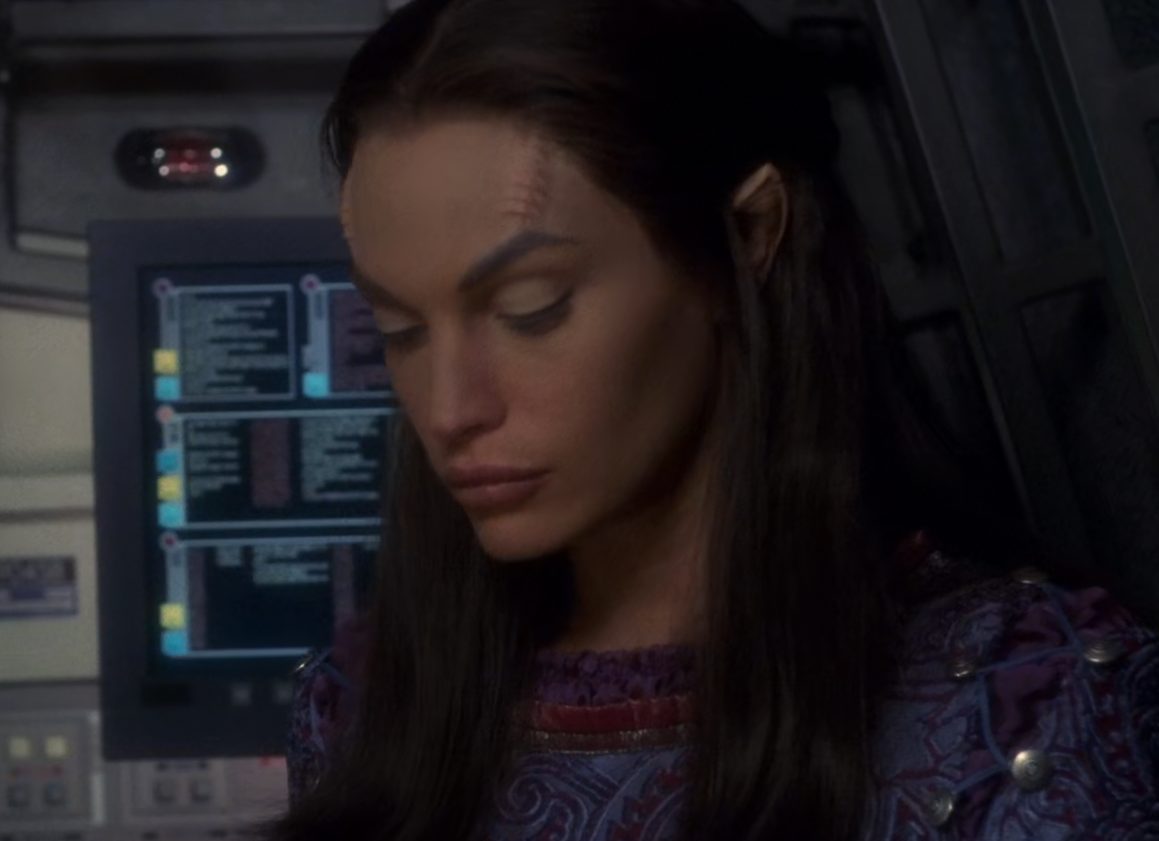The big financial moments in life used to be marked with a flourish of a pen. Buying a house. A car. Breakfast.
Not anymore. Visa, Mastercard, Discover and American Express dropped the requirement to sign for charges like restaurant checks in 2018. They don’t look at our scribbles to verify identity or stop fraud. Taps, clicks and electronic signatures took over the heavy lifting for many everyday purchases—and many contracts, loan applications and even Social Security forms. The John Hancock was written off as a relic useful mainly to inflate the value of sports memorabilia.
But signatures didn’t die.
We continue to be asked to sign with ink on paper or using fingers on touch screens at many restaurants, bars and other businesses. And people keep signing card receipts out of habit—even when there is no blank space for it—because it feels weird not to, payment networks and retail groups say.
“Traditions have this odd way of sticking around,” said Doug Kantor, general counsel of the National Association of Convenience Stores.
The only time in recent memory in the US that I’ve had to sign a receipt was at restaurants. I’ve always been under the impression that this is for the tip, authorizing them to charge an additional amount.
Yeah now that you mention it, the only time I ever sign is for a transaction involving a tip.
“World (America) News”
Big pen lobby?
Down in Brazil, I’m pretty sure having to sign a purchase with a credit card didn’t exist anymore by the very early 2000s, you just type a password. Same with debit cards.
Simply approaching the card to pay up goes back to 2021 in here, if I’m not mistaken.
“We” don’t, outside of America tap is the norm and I’ve made payments up to 1200$ with only a pin entry required. It’s kind of bizarre that if I pay 7 bucks in the US for a pastry and coffee I might need to sign the receipt.
It’s kind of bizarre that if I pay 7 bucks in the US for a pastry and coffee I might need to sign the receipt.
You half-expect them to pull out the old card-roller and carbon paper at that point.
99% of the time I pay with my phone or tapping my card.
The only time I end up signing is restauraunt receipts.
Cool cool so instead of a signature which means nothing you have to put in your secure pin number every time you tap…genius.
Lol
No. Tap to pay only requires a PIN for large purchases ($100 or so), or if you turn on the setting to ask for a PIN for small purchases too.
I’ve only needed to enter my PIN for small purchases when inserting and using debit/EFT@POS functions.
You sound like you’d rather someone can just take your card and swipe where ever they want instead of them having to know a PIN to use it. You’re a genius.
Anything under €50 doesn’t require a pin. I think it’s going up to 100 soon.
Also our banking security technology is about 20 years ahead due to a simple ruling that banks are responsible for fraud, not consumers. You can happily share your bank details or put them on your website with no worries
You have to be reasonably dim or senile to get scammed
Nah, I’m only ever prompted for a PIN for large purchases which seems to start for me at ~250 CAD
Even more American is that the only ones you need to sign are those with Tip lines
On the other hand, when I travel to Mexico where they use PINs my card asks for a signature because it doesn’t have a PIN
American problems. Not experienced this is in well over a decade in the UK an travelling.
I’d never signed a credit or debit card in my life until I travelled to the US last year, and then I only did it because I’d heard stories of places confiscating cards if they weren’t signed. Don’t know how true they are now but I wasn’t risking it.
It would be illegal for a business to confiscate your card
This isn’t talking about signing the back of a card (you should do that if the card requires it but most non-US places don’t) instead it’s talking about how many receipts you need to sign in America… and it’s a mind boggling number.
Fewer by the day, thankfully.
Personally, I look forward to the day when I can pay for everything with my watch. It seems like with national retailers, I have about a 50/50 chance.
I would LOVE it if drive-throughs figured out a way to do that.
A decade? It was the turn of the century old bean
Yes, chip and pin has been the established norm for decades now. Wait until we tell them about the last time most of us wrote a cheque (check)!
Funny how this is posted to World, but it’s an exclusively American phenomenon. I’m in the UK and haven’t had to use my physical signature to pay for anything for about fifteen years, let alone something as trivial as a restaurant bill.
It’s posted to world so everyone can point and laugh at the silly Americans with their backward ways.
Even though the article says that the signature is no longer required, you can skip it if presented, and there are just some older systems that still ask for it.
If you pay in a supermarket with your card and ask for a cash withdrawal too, you have to sign the receipt for receiving the money.
Where’s that?
I don’t think I’ve ever signed anything when a card is involved. Cheques back when they were a thing, sure, but they were all but irrelevant fifteen years ago.
I think cheques were almost irrelevant in the 90s already. For sure I remember the two things I had to write a cheque for. DVLA for the olde tax disk every year, and the speeding fine I got in 1996.
Until around 2005, I was using my 1994 issued chequebook, crossing out the 19, initialling the change and writing in the full year.
I still have the chequebook issued in 2005 to this day.
Drag disagrees. Drag thinks they were actually very few things but irrelevant fifteen years ago. Perhaps in addition to being “irrelevant” they were also “old fashioned” and “pointless”. But not much else. Mostly just irrelevant.
Odd idiom to take issue with…
Drag speculates that 200 years ago some bad writer mixed up “nothing but” for “all but” and now we’re dealing with the consequences because nobody since then has bothered to do any critical thinking. It’s a very simple problem with a very simple solution.
I’m old enough to have had to sign credit card receipts in Europe. I routinely signed “Mickey mouse” and stuff like that. Never had a second look.
Assuming that American problems are world problems is just another form of American exceptionalism.
American Defaultism - when everything and everyone is assumed to be American by Americans
Basically, the US banking system is made up of many smaller banks, unlike most other countries where there are fewer, larger banks.
This coupled with a large land mass with high population makes it more difficult to make the expensive infrastructure upgrades necessary for modern banking innovations like tap to pay and the loss of the need for physical signatures.
Many of these innovations are only making it to the US now because of larger foreign banks entering the US market, as well as the plummeting costs of technology.
Ehhh, the US has like half a dozen banks that represent 90% of the customer base and lots of countries have smaller banks. Canada probably has a more fragmented banking system and yet interact integration was pretty smooth.
The “big five” banks in the states actually represent less than half the American population, whereas the major banks in Canada cover about 85% of us. (Note these numbers are from before the pandemic - I’m no longer involved in the banking industry.)
The US system is still incredibly fragmented, though a lot of consolidation is happening (yay oligopolies). Canada, on the other hand, has had stricter regulations for longer, which meant that even the 15% of Canadians with small banks and credit unions were included in the changes to the industry as they happened.
Especially when you include credit unions, which are usually much more localized. I got my credit union account when I worked for a local university. That’s the only way you can get one- be staff, faculty or a student.
Security Theatre
Malaysia, the so-called developing country, not an issue since 2017. Pretty sure it doesn’t fit c/worldnews lol.
They don’t look at our scribbles
Are you fucking kidding me‽ All those houses, Forests, dicks, landscapes and stick figures I drew over the years were for naught‽‽
I’ve never signed my name. I just scribble randomly in the space.
Why do we still sign? Inertia.
Just more inertia.
well, that and maybe because it does help us communicate with all the aurally challenged people around us.
Drag has never heard of this. So much for this being posted in “world”










